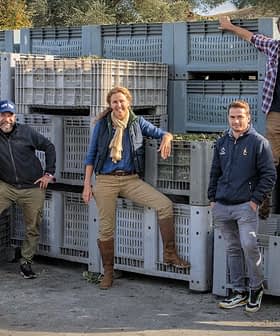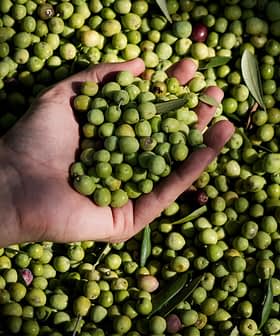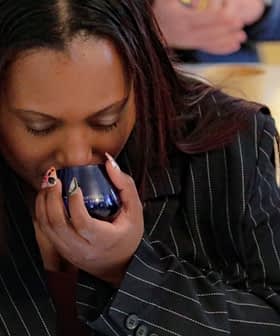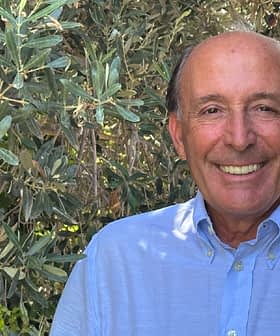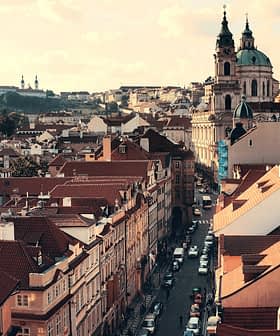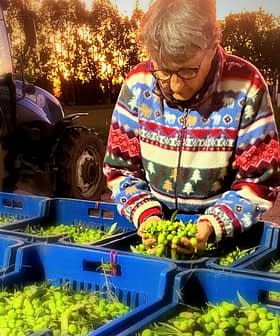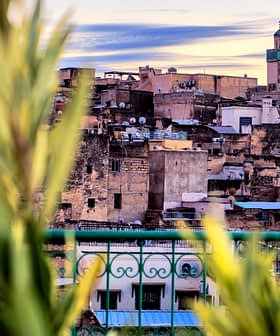Brazilian Producers React to Record-Setting Year at World Competition
Farmers and millers said the record-high 50 awards earned at the 2023 NYIOOC promote locally-produced olive oil at home and abroad.
 (Photo: Verde Louro)
(Photo: Verde Louro) Brazilian producers had a record year at the 2023 NYIOOC World Olive Oil Competition, with 50 awards, 20 more than the previous year. Producers from Brazil have steadily increased their entries since first participating in 2015, with 55 extra virgin olive oil samples submitted this year. The success coincides with a bumper harvest in Rio Grande do Sul, Brazil’s primary olive oil-producing state, with Estância das Oliveiras leading the way with seven Gold Awards.
Brazilian producers are celebrating an unprecedented year of success at the 2023 NYIOOC World Olive Oil Competition, earning 50 awards, 20 more than the previous record set last year.
Producers from Brazil first entered the World Competition with one sample in 2015. Since then, entries have steadily risen, with producers submitting 55 extra virgin olive oil samples this year.
International recognition puts Brazil in the spotlight for the quality of the olive oils produced. This causes the domestic consumer to seek out, taste and recognize the olive oils produced here.
The record year at the NYIOOC coincides with a bumper harvest in South America’s largest country, with the primary olive oil-producing state, Rio Grande do Sul, yielding 580,228 liters of olive oil in the 2022/23 crop year, 29 percent above the previous year’s yield.
Estância das Oliveiras from the Viamão region in Rio Grande do Sul led the way with seven Gold Awards at this year’s NYIOOC, the most from a Brazilian producer at a single edition of the competition.
See Also:The best olive oils from BrazilThe company was awarded for Arbequina, Coratina, Frantoio, Koroneiki and Picual monovarietals, along with two blended oils.
“This is a true milestone for national olive farming, and especially for Estância das Oliveiras,” Estância das Oliveiras’s director of market relations, Rafael Goelzer, told Olive Oil Times.
“We realize that all the effort we make on a daily basis is being rewarded,” he added. “Our founder [Goelzer’s father, Lucidio] was thrilled when he found out and shared it with everyone in the family and team.”
Besides the terroir and a focus on all stages of production, Goelzer credited his family, partners and collaborators who are passionate about producing extra virgin olive oils for the company’s success.
“Our biggest challenge is to have olive oils to supply the market until the next harvest,” Goelzer said.
Meanwhile, Azeites Costa Doce from the state’s Gaucho region earned four awards at the World Competition.
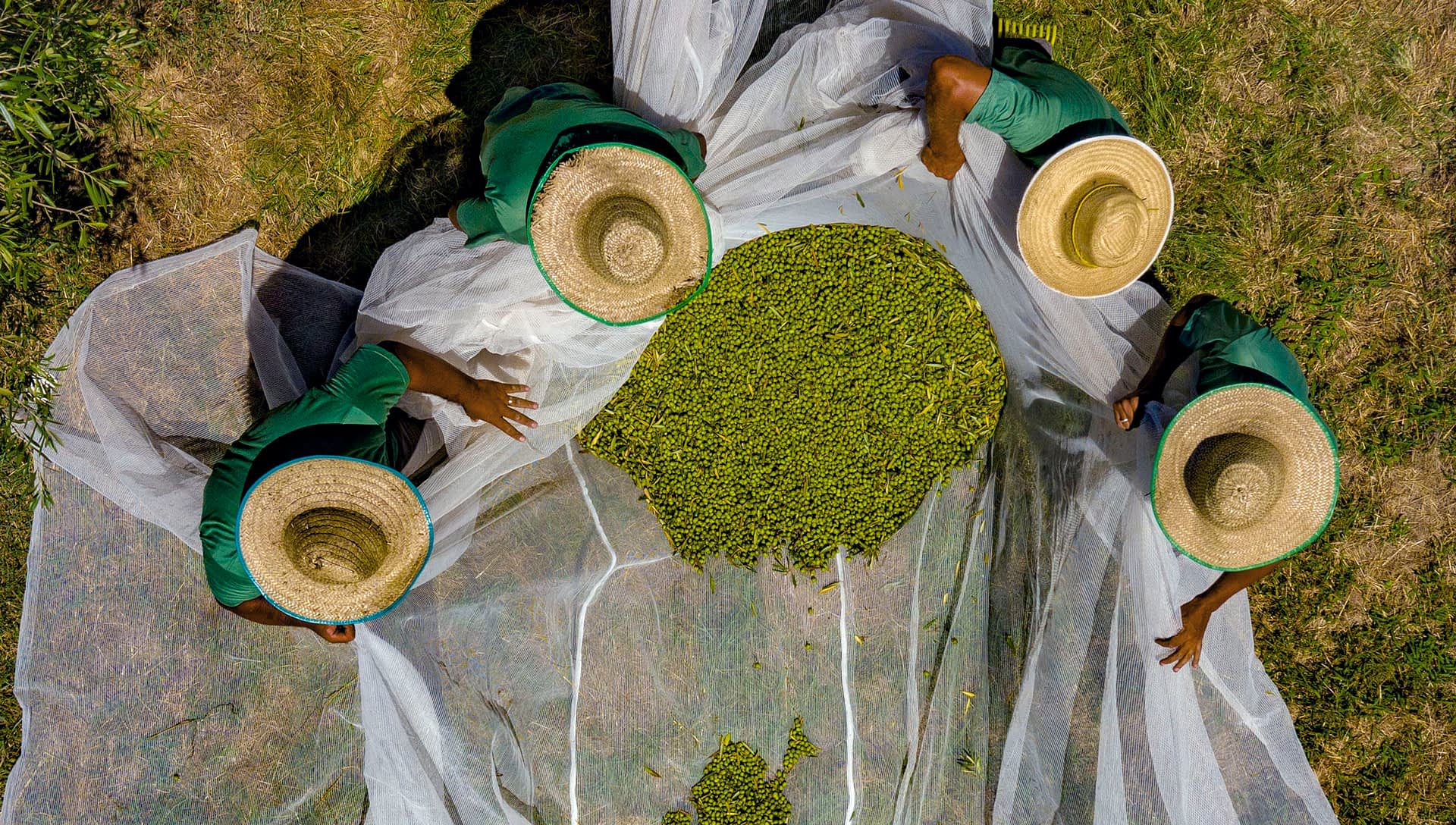
The producer behind Azeites Costa Doce attributed his four awards to a precise and early harvest.
Rodrigo Costa, Azeites Costa Doce’s financial director, described the crux of winning Gold Awards for its Arbequina and Koroneiki and Silver Awards for a Koroneiki and a Picual.
“Our main challenge in harvesting was the implementation of mechanized harvesting and being able to harvest all 300 tons of fruit in a short time to ensure that they had the ideal degree of maturity to maintain the quality of our products,” he said.
Elsewhere in Rio Grande do Sul, the country’s biggest producer, Prosperato, celebrated two Gold Awards for a blend and Picual and two Silver Awards for Frantoio and Koroneiki monovarietal oils.
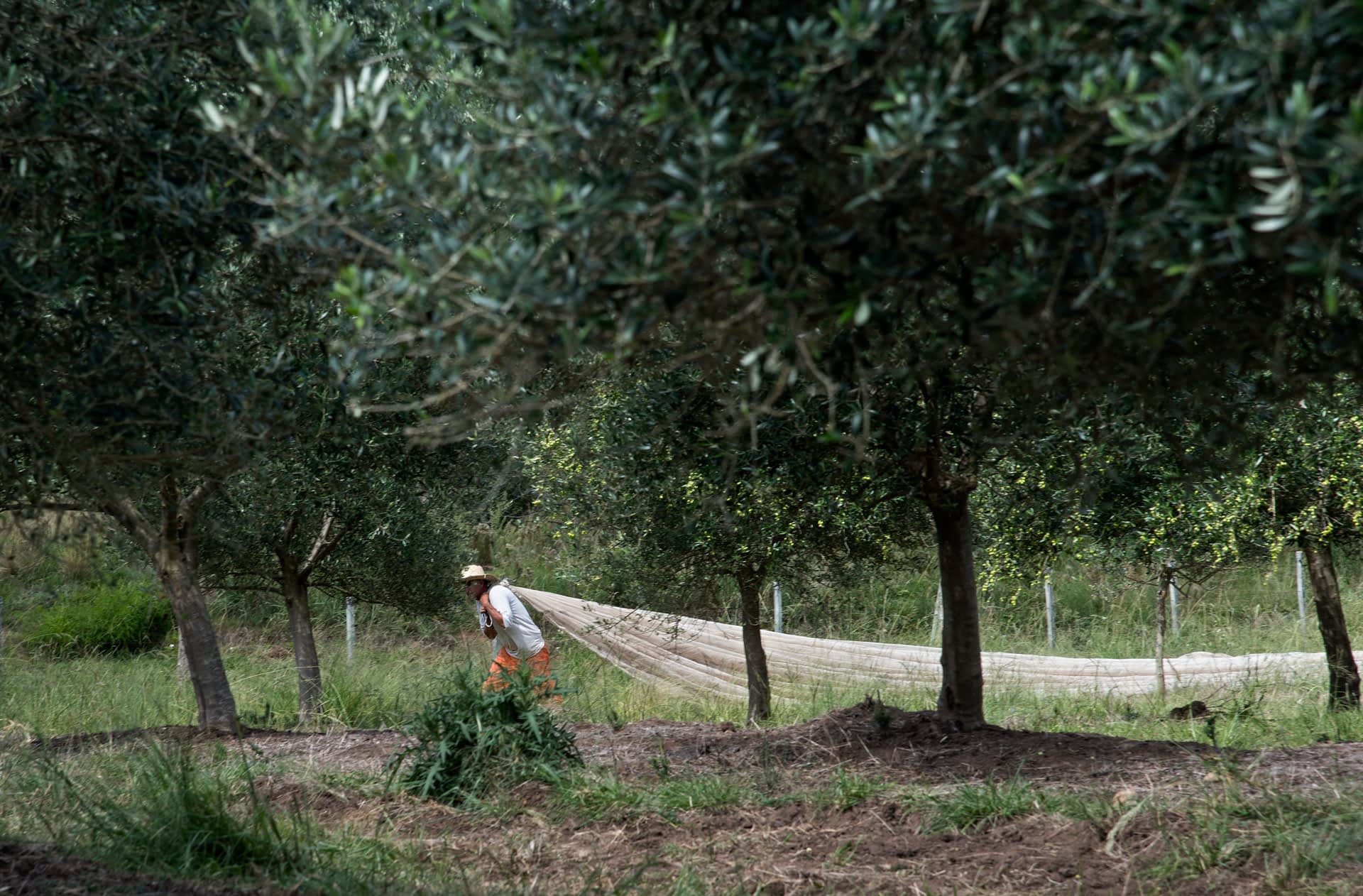
Brazil’s largest olive oil producer won four more awards.
“We still get the willies before the results, even though this is already the seventh year we are participating,” chief executive Rafael Marchetti said. “We never know what the judges will think about our olive oils. So when you see your bottle with a golden seal on the screen, it’s very exciting and rewarding at the same time.”
“The awards help to strengthen the image of our commitment to maximum quality in the production of our olive oils, something that is shared not only by producers in our region but by all producers in Brazil,” he said. “Despite our short time in the market, compared to other more traditional countries, there is nothing more important than starting with maximum quality as a priority.”
Marchetti said paying careful attention throughout the production chain ensures Prosperato’s oils stand out.
“We have had the privilege of closely following the entire emergence of Brazilian olive oil production just over 10 years ago, always paying attention to the needs of our consumers in this growing olive oil market in Brazil,” he said.
Less than two hours east of Prosperato, Fazendas do Azeite Sabiá earned two Gold Awards for a blend and Arbequina, along with a Silver Award for its Koroneiki.
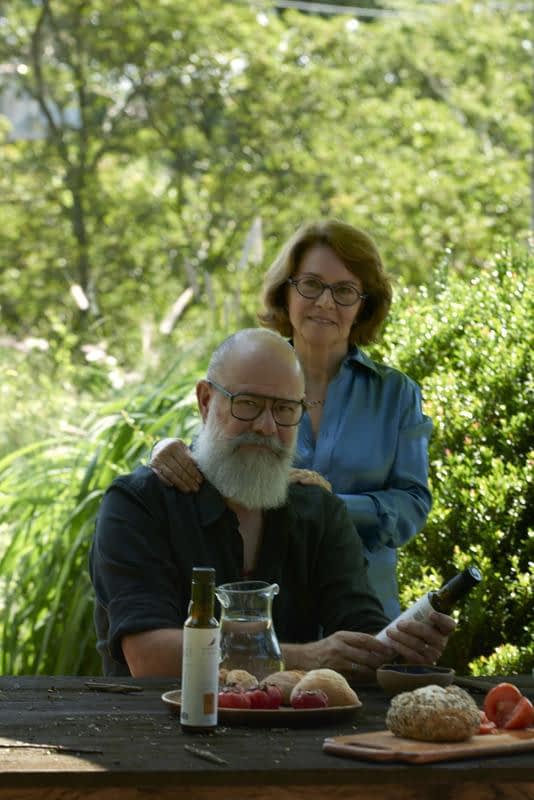
Azeite Sabiá owners Beatriz Pereira and Bob Costa
“We are very happy,” said owner Beatriz Pereira, adding that winning the three awards means a lot for the company, Rio Grande do Sul and Brazil.
“Brazilian olive oil has only been around for 15 years. Before that, we used Portuguese, Spanish, Italian and Greek oils,” she explained. “Brazilians believe that the oils imported from Europe are the best.”
“[To compete], we send Azeite Sabiá to international contests to demonstrate that we are as good,” Pereira said.
She believes the entire process at Fazendas do Azeite Sabiá makes their oils stand out “from the way we take care of our olive trees, the harvest, the extraction and the way we clean our mill,” she said.
“Our harvest is during the summer [beginning in February, during the end of the Southern Hemisphere’s summer], so the olives are picked at high temperatures,” she said. “We use a refrigerated truck at the harvest site to lower the temperature of the olives, so they arrive at the mill at a low temperature.”
Also hailing from Encruzilhada do Sul, the producers behind MF Agropastoril celebrated winning four Gold Awards, attributing some of this success to the region’s climate and geography.
“Our land and climatic conditions are very distinct, which brings unique characteristics to the olive oils produced in Encruzilhada do Sul,” owner Flavo Fernandes said. “And this is particularly seen in our growing areas.”
The harvest that resulted in MF Agropastoril’s award-winning Arbequina, Frantoio, Koroneiki and Picual oils came with some obstacles.
“Once again, we had a vital dry period since spring and the need to irrigate the olive trees during the summer,” Fernandes said. “At the end of February, with the Arbequina already harvested, we had a large volume of rain that stopped the maturation of the other fruits and extended the harvest for another almost 45 days, with a break of one month.”
“As our harvest is entirely manual, it was a challenge to keep the team mobilized and waiting for the harvest to resume,” he added.
In nearby Mato Grande, Verde Louro Azeites celebrated their four triumphs at the NYIOOC, including two Gold Awards for an Arbequina and a blend and two Silver Awards for Arbosana and Koroneiki extra virgin olive oils.
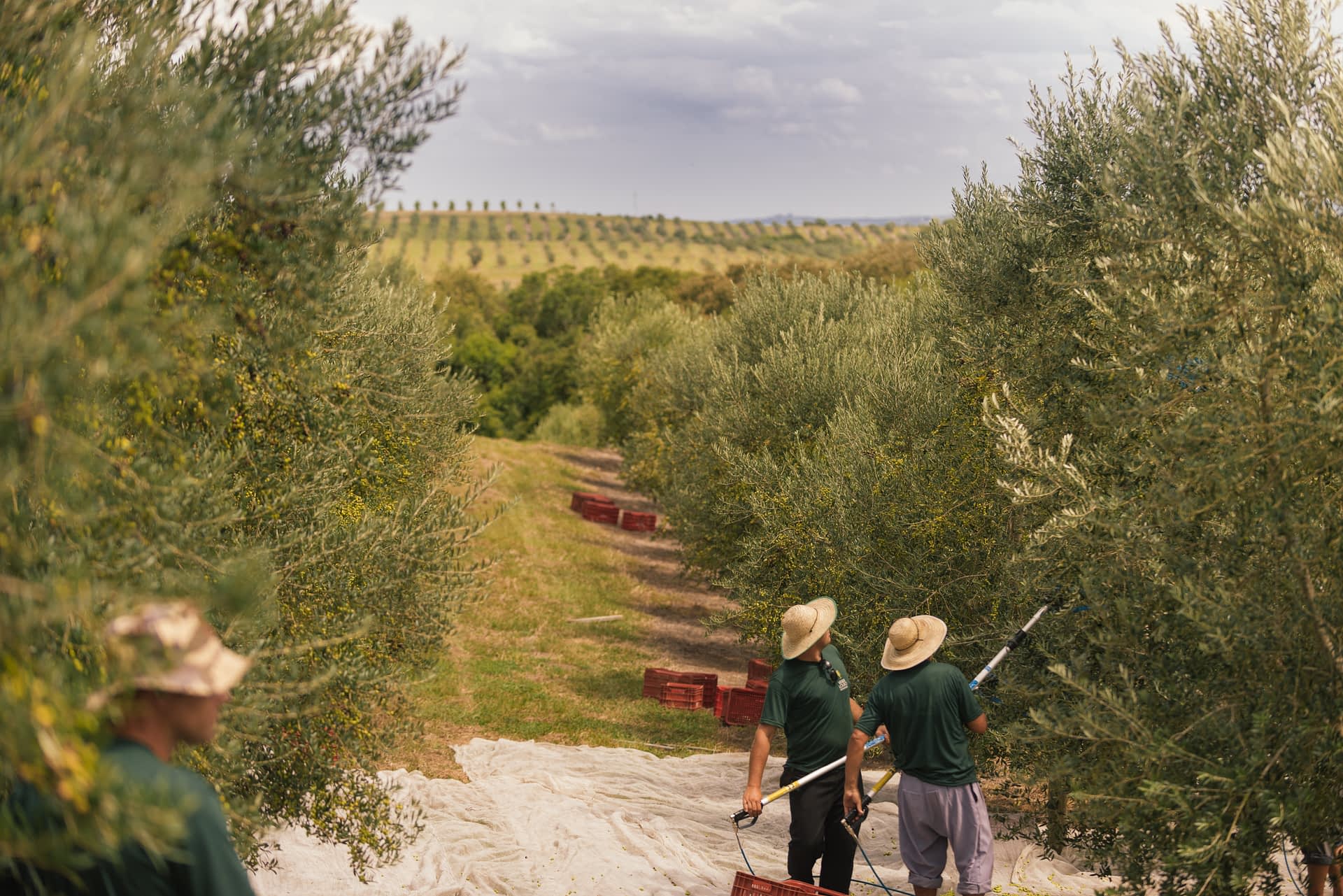
Verde Louro Azeites expect their strong showing to firmly place Brazil on the olive oil world map.
“International recognition puts Brazil in the spotlight for the quality of the olive oils produced,” owner Daiana Fuhrmann said. “This causes the domestic consumer to seek out, taste and recognize the olive oils produced here.”
“This boosts domestic consumption, which will bring great benefits from investments and the expansion in production,” she added.
While plenty of Brazilian producers were celebrating a second, third or even seventh-straight success at the NYIOOC, the producers behind Al-Zait triumphed in their first year entering the competition, earning three Gold Awards for its Frantoio, Koroneiki and Picual oils.
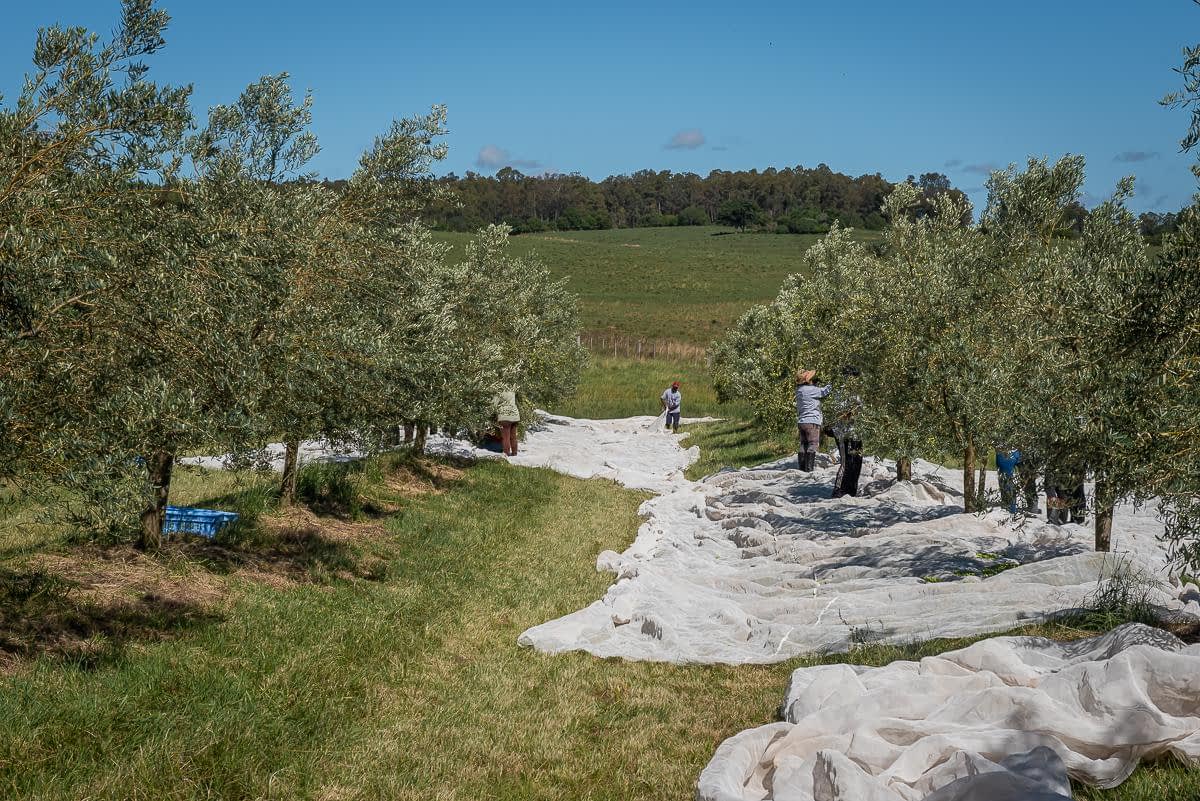
Al-Zait celebrated three awards at their World Competition debut.
“It is a huge recognition of our potential, of the speed at which olive trees have adapted to a soil and climate condition so distinct from their origin,” Luiza Osorio, Al-Zait’s executive officer who co-founded the company with her partner, Fernando Alfama, said.
The awards in the Southern Hemisphere edition of the NYIOOC were announced in batches over the course of a month-and-a-half, and Al-Zait learned about its awards in early September. As a result, the company has already seen the impact of winning.
“The awards have been instrumental in elevating our brand’s recognition and credibility globally,” Osorio said. “They reflect and support all our effort and hard work. We’ve seen a noticeable increase in consumer interest in our extra virgin olive oil. This has translated directly into heightened sales and enhanced brand value.”
Not too far away, Estância Dona Genoveva, another first-time winner, won two Gold Awards for its Olivas Alto Bonito brand’s blend and Koroneiki.
“Obtaining awards, such as our Gold Awards, in a prestigious global competition such as the NYIOOC gives us an extraordinary incentive,” said owner Renato Kalil.
He added that on an individual level and for the region and the country, achieving international recognition illuminates the way forward for Brazilian olive oil globally.
“Our latest harvest was in March 2023, when the trees were four years old, and we faced a severe drought in the summer,” Kalil said. “To preserve the olive trees’ health and maintain the fruits’ proper turgor, we carried out continuous manual irrigation during the last 50 days until harvest. This was effective, completely recovered our fruit, and allowed good quality oil to be obtained.”
Another newcomer, Olivas de Gramado, from Rio Grande do Sul, won a Silver Award for its Terroir Serrano blend de Campo.
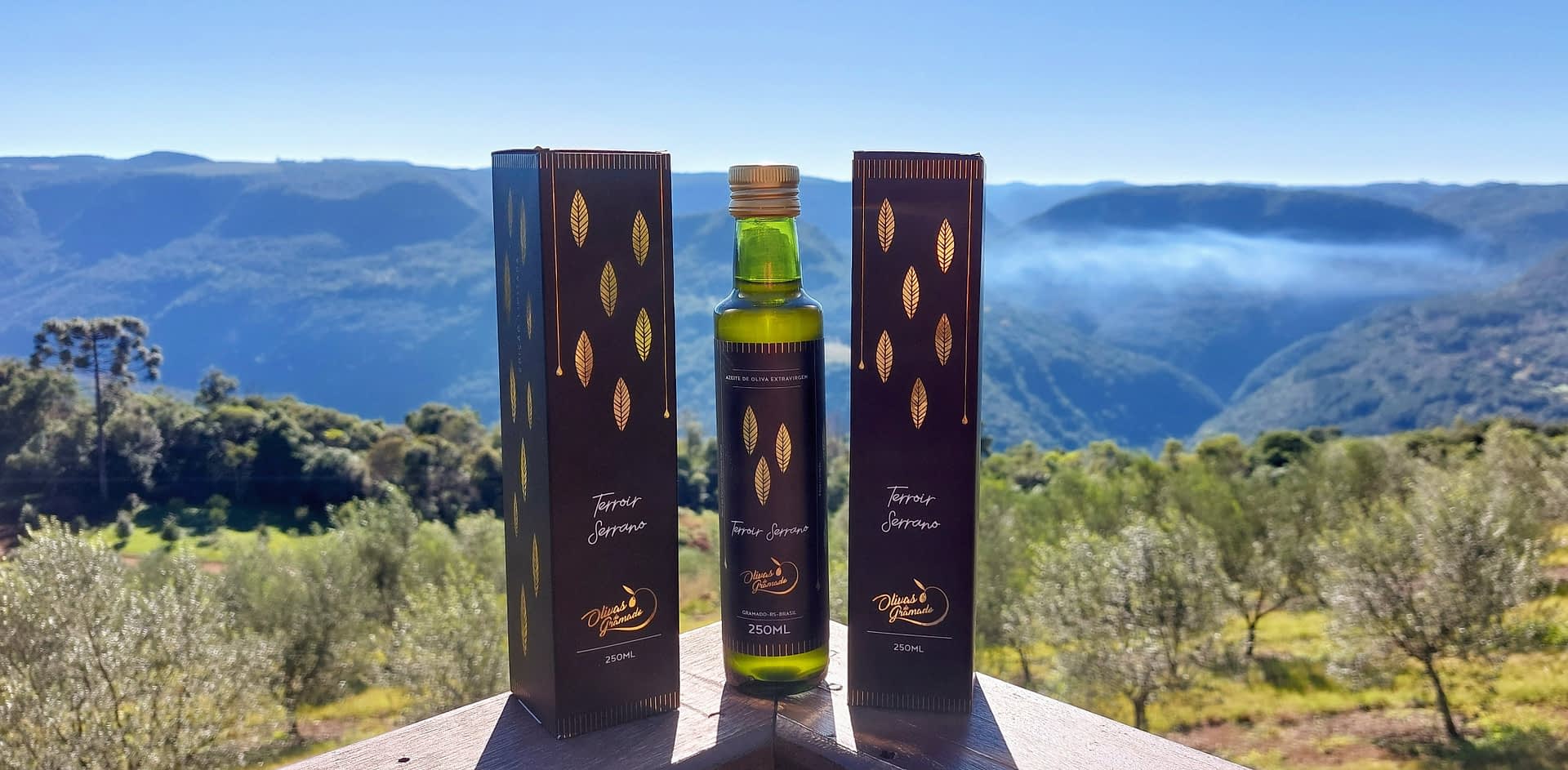
Olivas de Gramado celebrated their first-ever triumph at the NYIOOC.
André Bertolucci, the company’s olive oil specialist, said they always strive for quality.
“We had a very pronounced dry period by the time before the harvest,” Bertolucci said. “However, this didn’t prevent the harvested fruit from maintaining all their sensorial and organoleptic properties.”
“As we harvest manually on very rugged terrain, the strain on the team was great,” he said. “But this did not prevent us from being very successful throughout the process, harvesting the highest quality fruits.”
Share this article


